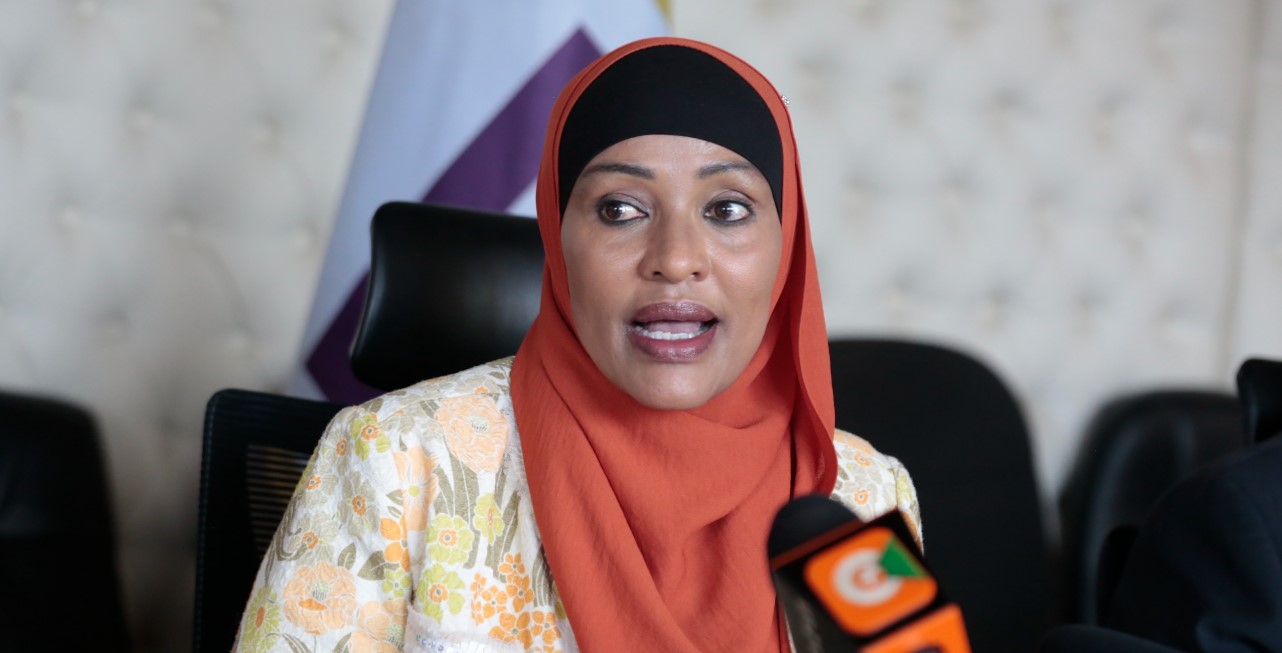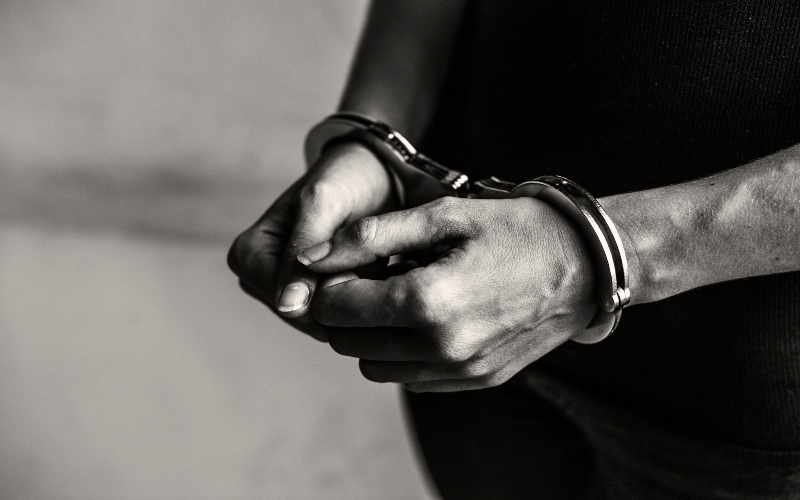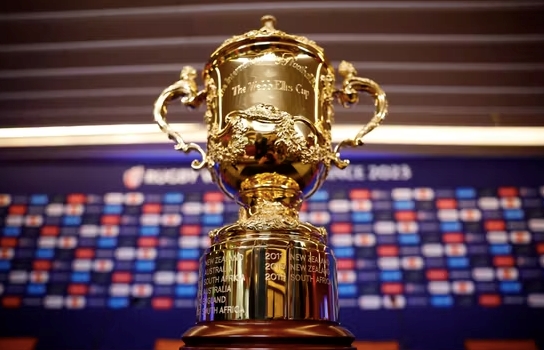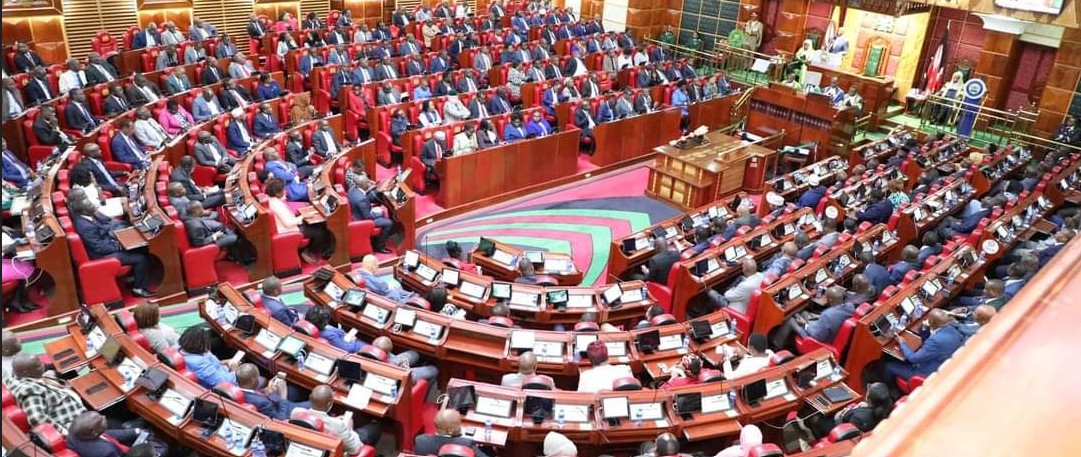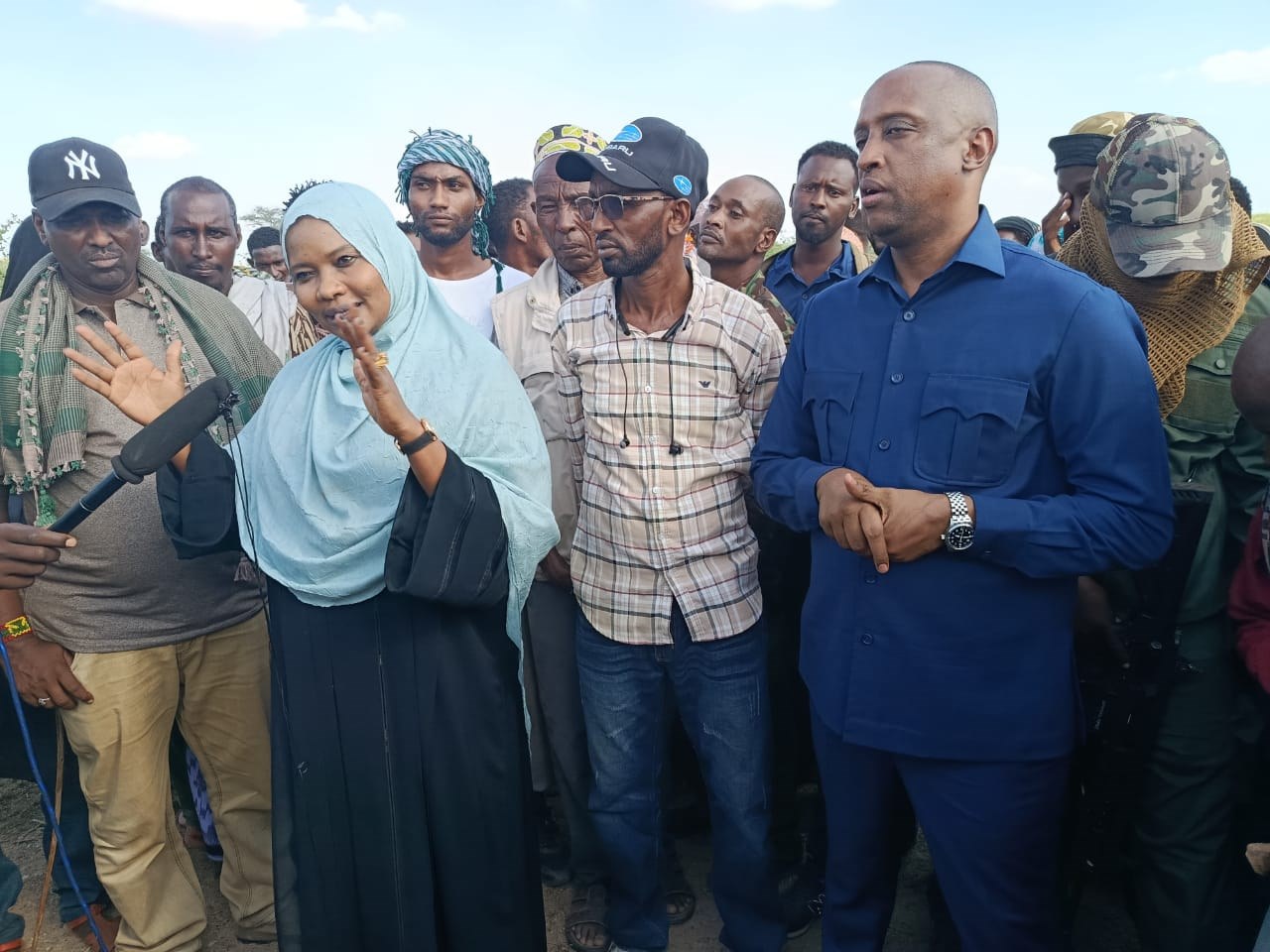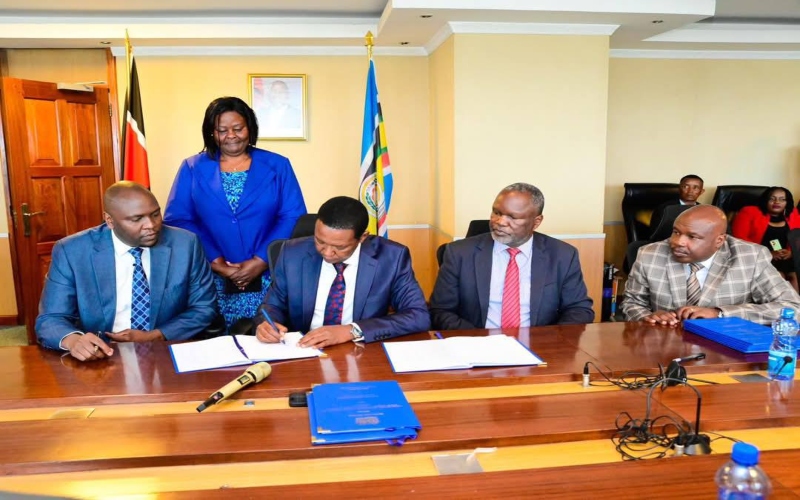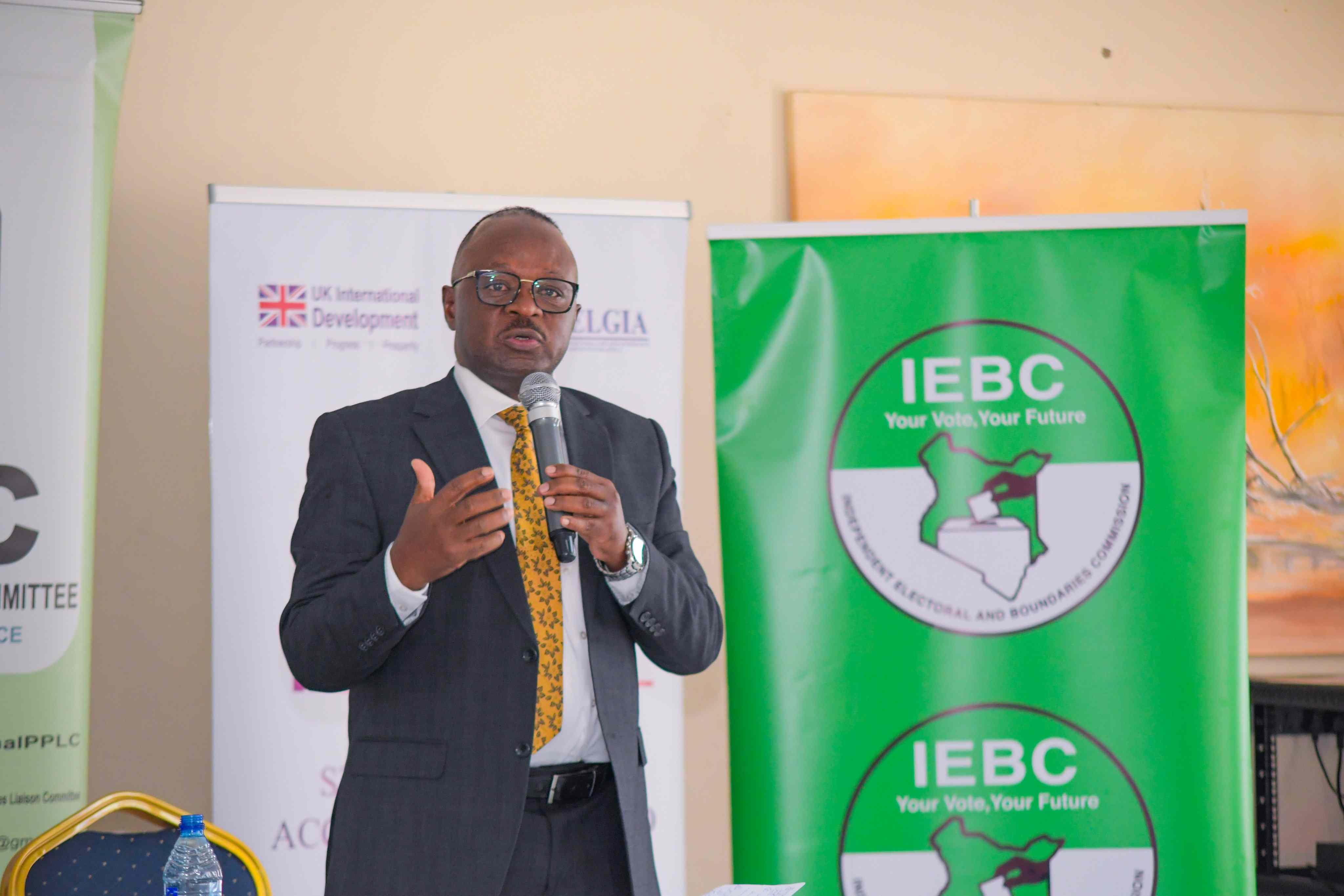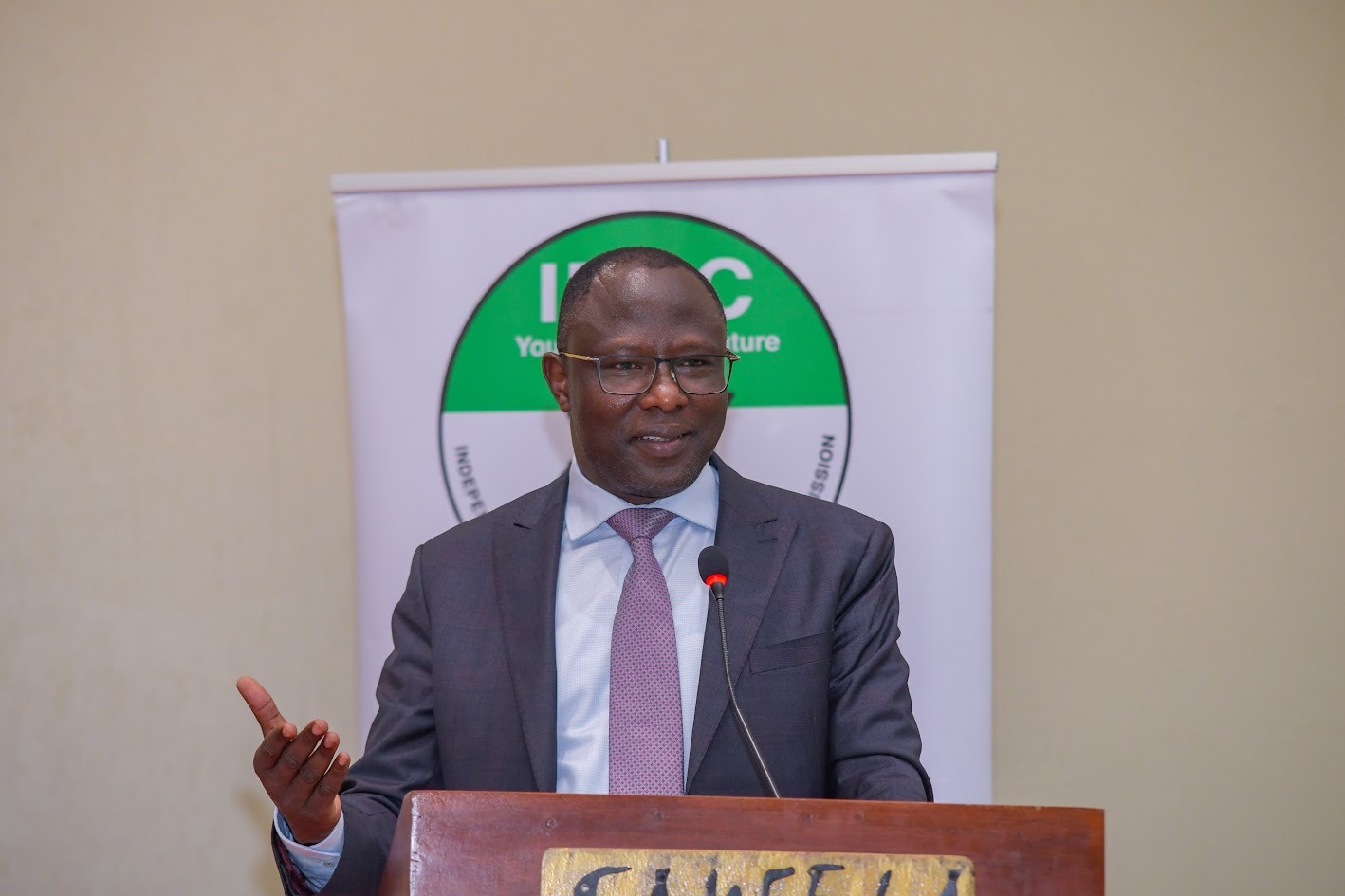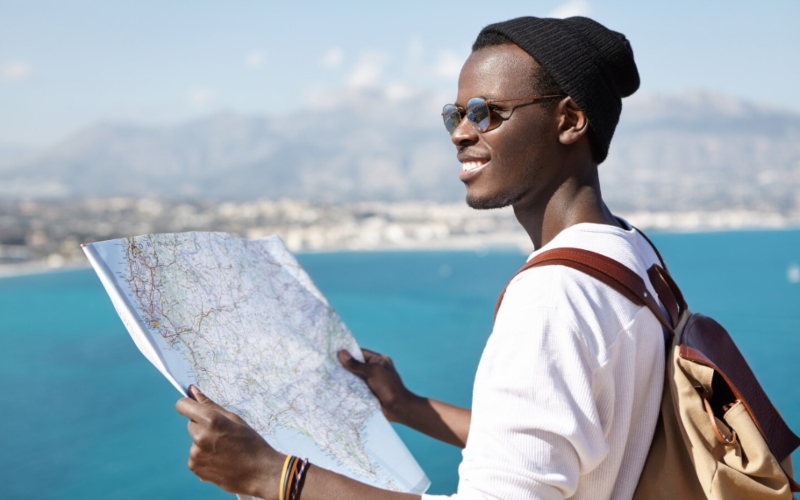How women in Mandera are helping resolve inter-clan disputes
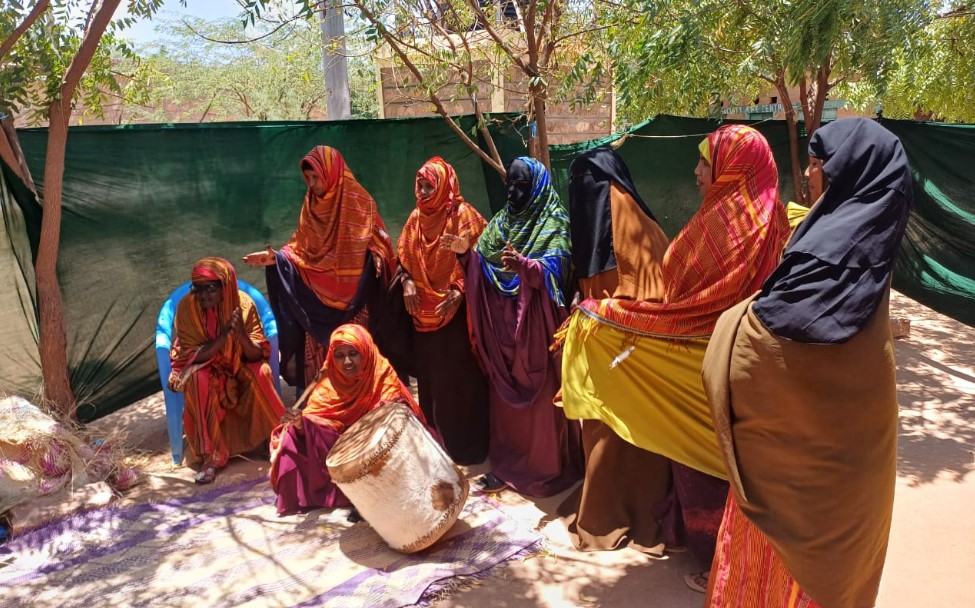
Most of the clashes, the women say, occur during the rainy season when there's competition for pasture and settlement spaces.
An association of women in Mandera County that began as a self-help group has taken up alternative dispute resolution (ADR) strategies to solve inter-clan clashes among communities that share an international boundary at the Mandera triangle.
The region, mainly inhabited by pastoral communities, has suffered major inter-clan clashes, with the latest happening in the Malka Mari area of Banisa Constituency last month following a dispute between the Gare and Degodia clans.
More To Read
- Illegally grabbed Mombasa land to host affordable housing units after EACC recovery
- Over 170,000 livestock targeted as Mandera and Garissa ramp up vaccination drives
- Murkomen insists no foreign troops are operating in Mandera, says Al-shabaab remains only threat
- Murkomen: Security agencies probing claims of Jubaland forces in Mandera
- Mandera residents protest presence of Jubaland forces in the county
- Governor Mohamed Khalif raises alarm over alleged spillover of Jubaland forces into Kenya
Initially, the women were organised into four self-help groups that practised table banking to raise funds to educate their children.
They were Koche, Kulmiye, and Horumarinta Hawenka women groups — loosely translated to united and developed — each comprising 10 women.
Back then, each contributed Sh200 per month, and educating their children was an expensive affair, especially with the high levels of poverty in the county. The women would save for school fees and assist parents who could not raise theirs in time.
Statistics from the Kenya National Bureau of Statistics, Mandera, Turkana, Wajir, Samburu, and Garissa are among the poorest counties with poverty rates of between 80.4 per cent and 85.4 per cent.
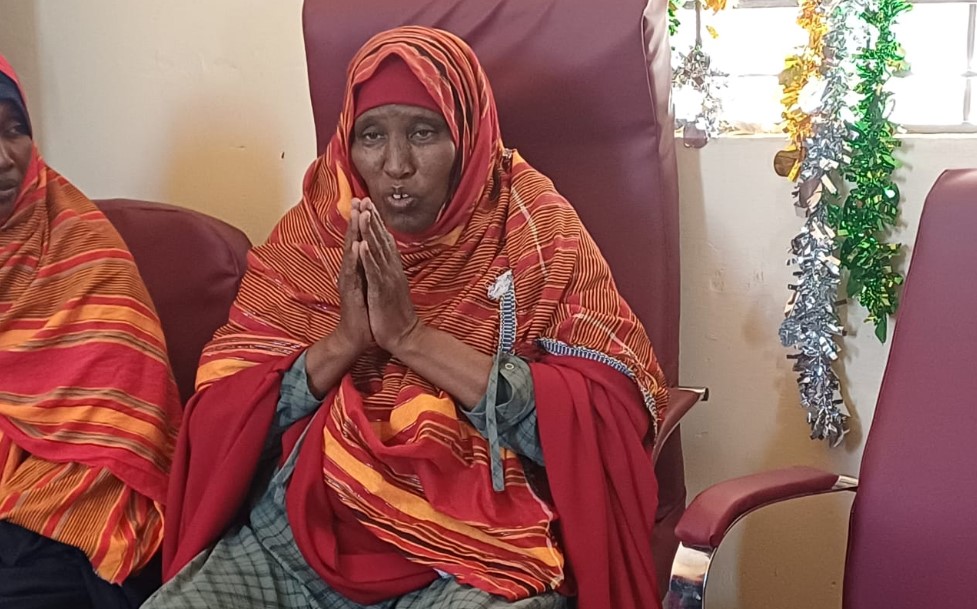 Madina Hussein Mohamed, the deputy vice chairperson of Mandera East Milk Sellers Cooperative speaks to The Eastleigh Voice at their offices in Mandera. (Photo: Mary Wambui)
Madina Hussein Mohamed, the deputy vice chairperson of Mandera East Milk Sellers Cooperative speaks to The Eastleigh Voice at their offices in Mandera. (Photo: Mary Wambui)
According to Madina Hussein Mohamed, the four groups came together in 2016 and formed a joint group now referred to as Mandera East Milk Sellers Cooperative to expand the scope of their savings and engage in scaled-up income-generating activities.
"After combining the groups, they raised the monthly contributions to Sh1,000 and grew the membership to 93," Madina who is also the deputy vice chairperson of the group told The Eastleigh Voice from the group's offices in Mandera County.
The money is deposited into a kitty for use in funding treatment for members who fall sick, cater to wedding plans and burial arrangements, and attend to emergencies.
"This is what has kept us together," she says of the group comprising clan members from Mandera County's nine locations.
Over time, the group has also linked up with partners like the county government which gave them a milk boiler, a cooler and a milk ATM which they use for value addition. They produce yoghurt and candy for sale and also preserve camel meat and package it for sale.
They also make shampoo, honey, mats and incense which Somali women place on top of hot charcoal inside an incense burner to keep the house fragrant for hours.
The cow milk is sourced from Banisa Constituency, Somalia, and Ethiopia.
The group comprises both young and elderly women.
"Our challenge now is these machines (milk boiler and cooling tank) that have broken down. Our attempts to repair them to resume production have failed. We need help on that," Madina said.
They run their activities from a three-roomed building that was donated to them by the county government, offering them a place to meet and share ideas, solve conflicts arising from amongst their members, practice traditional dances, and make traditional Somali artefacts as a means to preserve their culture.
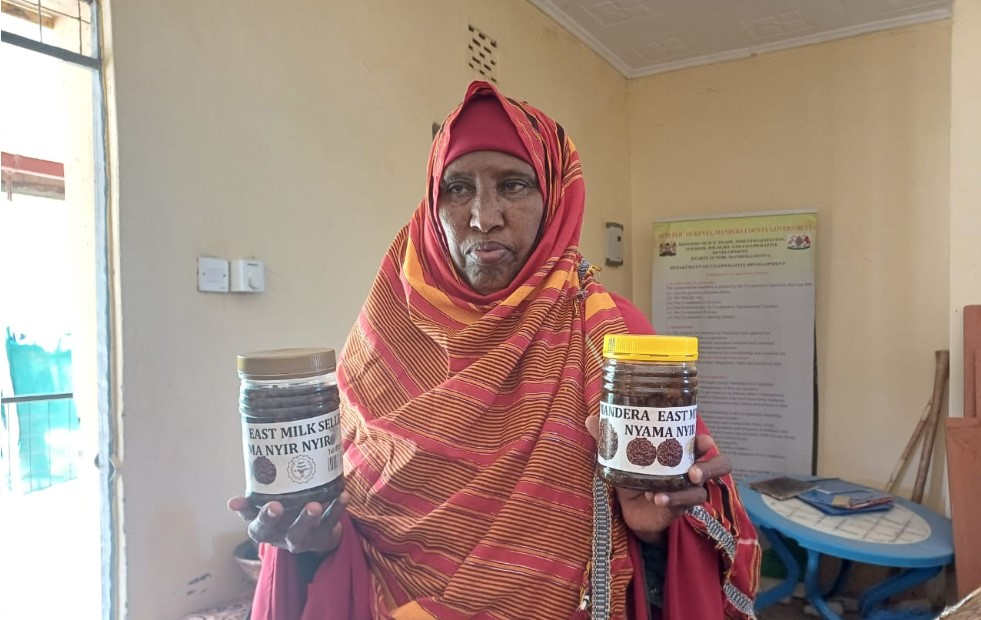 Madina Hussein Mohamed displays packaged nyir nyir (camel meat), one of the value-added products that they sell. (Photo: Mary Wambui)
Madina Hussein Mohamed displays packaged nyir nyir (camel meat), one of the value-added products that they sell. (Photo: Mary Wambui)
"At some point, we realised that as women, we are the backbone of society. We noticed that whenever quarrels would occur amongst members, we would solve them by addressing the cause of the issue and where need be issued even fines," Madina said.
Most of the clashes, the women say, occur during the rainy season when there's competition for pasture and settlement spaces.
"We cross over to Somalia and Ethiopia and join teams of women like us to hold barazas that solve cases of cross-border conflict and at other times just meet to jointly celebrate peace days," she said.
The meetings happen under the watch of local NGOs supporting peace efforts in the area who often cater to their logistics including transport and accommodation.
When they cannot meet physically, the teams discuss issues by phone through a WhatsApp group.
The women noted that in one instance, they were forced to use local radios to address a clash that had occurred in Rhamu. Luckily, the Mandera triangle, where several tribes live, does not suffer a language barrier as the majority can speak several local languages.
"When women make the call for peace, it gets heard by all. You know a woman can influence peace and action and this is the power we leverage to achieve peace," Madina said.
The women said they are focused on growing into a formidable force that will help solve regional disputes.
"The men keep a close watch on what we do, but we stay focused. They are also adapting to modernity. Previously they would meet for peace barazas as men only but today, such meetings involve even us women, especially on occasions where their efforts have failed," she said.
Top Stories Today

